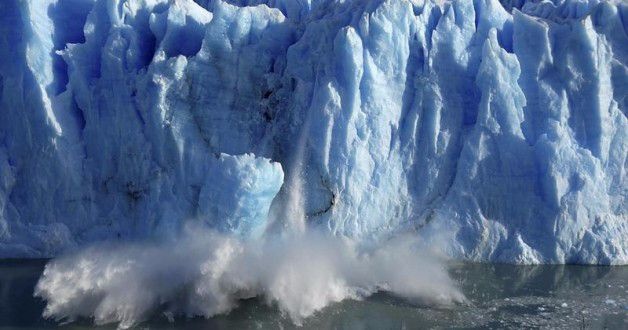
“There are many reasons we need to address climate change, but I think, most importantly, we need to address climate change for the sake of our kids,” says Josh Lawler, a professor of sustainable resource sciences at the University of Washington.
His views are among those of more than 30 scientists and experts on a new More Than Scientists website, where climate authorities talk about their personal reasons for wanting climate change addressed.
The site, which launched Monday, aims to give climate scientists a personal face and encourage people to get involved in pushing for action on the problem. There are more than 200 videos on the site and that number is continuing to grow.
Scientists can submit a video to the site to showcase their human reasons for concern about climate change, rather than the logical, methodological – and often hard to understand – voice often heard in television interviews or jargon scientific papers.
The aim, the site says, is for people to “get to know you — that you’re not an academic in an ivory tower, but a fellow concerned citizen, a parent, a member of the community who is concerned for the future we’ll leave our children and grandchildren.”
What better way to do that than with a video?
“With a goal to help the public better get to know the scientists personally, video seems the natural medium,” said Eric Michelman, director of More than Scientists. “When you see and hear someone talking, it’s easy to make your own impression of their sincerity and conviction.”
After the introduction video on the site by Lawler – a piece full of emotion and genuineness – the user is free to click on any video that appeals to them. They range from “We lost our house in Hurricane Katrina” by David McGee, a professor of atmospheric science at Massachusetts Institute of Technology, to “Spread a message of hope!” by Karen Aline McKinnon, a postdoctoral candidate in climate science at Harvard University.
Guillaume Mauger, a postdoctoral researcher at the University of Washington, has posted a video showcasing him, his wife and his two adorable children – a first-hand look at what is at risk from a warming world.
The videos are short in length, around one minute, to make them easy to share and watch.
“To have an effect, the scientists’ stories and messages need to reach the public broadly,” Michelman said. “That’s not an easy challenge, but hopefully the videos will be appreciated enough to be shared widely. We’ll continue to do outreach to scientists, inviting them to contribute videos, and to the public, inviting them to engage with the scientist and get involved in solutions.”
The site also offers a list of organisations viewers can engage with to get more involved in tackling climate change, as well websites to visit to learn more about the issues, places to get news about climate change, and ways to reduce personal carbon emissions.
“We want our society to come together and take action on climate change,” Michelman said. “We know it is possible. We’ve come together to tackle challenges before. The solutions are out there and we have an immense capacity for problem solving, innovation, and creativity.”
This article is published in collaboration with the Thomson Reuters Foundation trust.org. Publication does not imply endorsement of views by the World Economic Forum.
Author: Kyle Plantz is an intern reporting on climate change issues for the Thomson Reuters Foundation.
Image: Splinters of ice peel off from one of the sides of the Perito Moreno glacier in a process of a unexpected rupture during the southern hemisphere’s winter months. REUTERS/Andres Forza.



